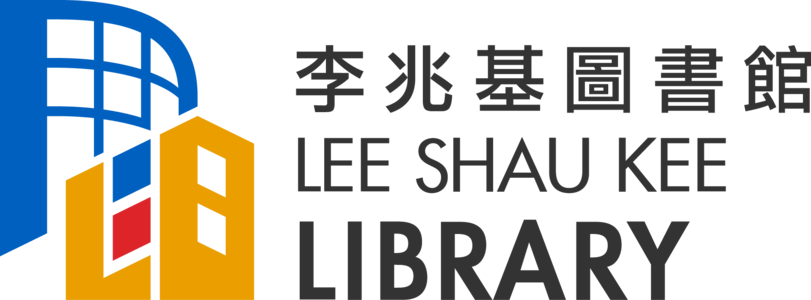Academic publishing companies try to plug “content leakage” caused by article sharing websites like Sci-Hub and ResearchGate. Is plugging a good solution when there is a strong need for scholarly papers behind paywalls?
Source of Leakage
Sci-Hub claims itself to be “the first pirate website in the world to provide mass and public access to tens of millions of research papers.” Over 80 million papers can be retrieved and downloaded by simply entering the DOI in the search box with no charge. As for ResearchGate, it is a network for scientists and researchers. It currently has over 16 million members; they can share publications and data via the ResearchGate platform. Undoubtedly, publishers consider such activities as illegal and hurting their business interests.
How Publishers Deal with the Leakage
Publishers have been using different strategies to stop their scholarly papers from being freely distributed, such as legal action, collaboration, and offering an alternative solution.
Legal Action
In recent years, Elsevier and the American Chemical Society (ACS) filed lawsuits against ResearchGate. As a result, ResearchGate was said to have yielded and removed at least 1.7 million copyrighted articles from public view on its website. However, these articles can still be requested from the authors directly.
On the other front, Sci-Hub was also sued separately by Elsevier and ACS. Both publishers won their lawsuits and were awarded USD 15 million and USD 4.8 million respectively due to damages for copyright infringement. However, the verdicts did not stop Sci-Hub from continuing its operation, they only made it move to another domain outside the court’s jurisdiction.
Collaboration
A press release in 2018 announced that Springer Nature, Cambridge University Press and Thieme would work together with ResearchGate on the sharing of articles via ResearchGate’s platform. In the following year, the first phase of a pilot project was launched with full-text articles from selected Nature journals rolled out to researchers’ profiles in ResearchGate for viewing or downloading.
This collaboration was extended after receiving positive feedback during phase one. The number of articles rolled out also increased to over 30,000. ResearchGate users recognized as having a subscription to Springer Nature can get the full-text; those without subscriptions can view the papers online but cannot download.
Alternative Solution
Get Full Text Research (GetFTR) is a new content access solution going to be launched in early 2020. It is funded by five big publishers: ACS, Elsevier, Springer Nature, Taylor & Francis Group and Wiley. GetFTR is to be used as an integrated application within scholarly platforms or discovery tools. It detects the user’s affiliation and provides subscribed content that the user is entitled to access. For a non-subscribed article, the publisher can provide an alternative version such a pre-print or a read-only copy.
Publishers may want to use GetFTR as a legal way to fight against content leakage. Will it succeed? Will it bring real benefits to researchers? Will researchers give up using Sci-Hub and ResearchGate because of GetFTR? The development of this new strategy is something interesting to keep an eye on.
Plug or Transform
No matter how publishers treat these free article sharing websites, as pirates or partners, they should understand that keeping research papers out of reach of researchers will lead to dissatisfaction and opposition. Until the barrier between researchers and scholarly content is removed, more open access endeavours such as Shareyourpaper.org will continue to emerge to challenge the status quo.
— By Poon Sau Ping, Research Support Services, Library
Views: 10678
Go Back to page Top
- Category:
- Academic Publishing
Tags: content leakage, open access, publishing
published April 27, 2020
last modified March 11, 2022


